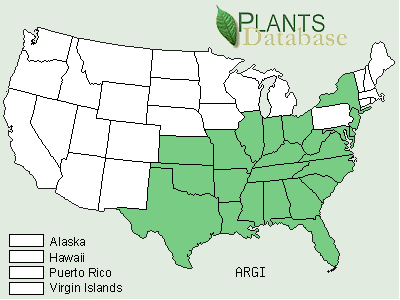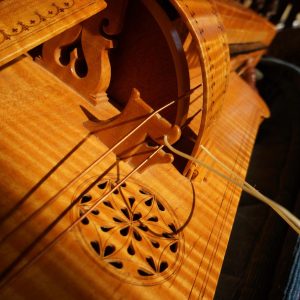
Arundinaria Gigantea Known as:
- Cane
- Southern Cane
- Cane Reed
- Switchcane
- Canebrake Bamboo
- Macon Rivercane (a specific variety available as an ornamental plant)
I’ve collected this information from many sources on the web, while I searched for a source of cane for my Quills project. I put it here for the benefit of those who don’t want to spend the time searching.
The plant is native to the southern U.S. Although cleared to near extinction, it still can be found in wetlands and well drained floodplain forests. It is found in canebrakes, thick clusters of plants that grow up to 25 feet high and up to a diameter of 1 and even two inches.
It is the largest native member of the bamboo family to grow in the United States, and its stalks have been used historically for fishing poles, baskets, blowguns, as well as to make quills and fifes. The young shoots are edible.
It was an important forage food for animals, and is said to be a favorite food of the caterpillars of the southern pearly eye butterfly.
Unlike most other grasses, cane possesses evergreen stems which survive for up to 10 years. The extinction of the Carolina Warbler is said to be linked to the clearing of the southern cane brakes. Cane is easily distinguished from other grasses by its stout, hollow, jointed stems. The plant can withstand extreme temperatures of-15 or -25 degrees to 105 degrees, depending on the variety.
Distrubution of Arundinaria Gigantea, from http://plants.usda.gov/home_page.html
The cane used for quills should be 4 to 5 years old, to give the walls of the plant time to harden. If you choose to grow cane, remember that the plant has aggressive runners, so a root shield should be used to contain the stand of plants.
Cane has been cleared from most areas by farmers in the south, but still can be found in river wetlands and marshes. It is also grown as an ornamental plant, and can be purchased from a number of dealers in different parts of the country. In the Pacific Northwest, (where cane does not grow natively), there are several sources, including the following:
Bamboo Gardens
A specialty retail and wholesale nursery
Location:
196th Ave NE & Highway 202, Redmond. Mailing address:
5016-192nd Place NE Redmond, WA 98074
Phone 425-868-5166 Fax 425-868-5360 I purchased my plant from these people and found them very friendly and supportive of the project. The only problem so far is that the plant I now own will take several years to reach the size needed to produce good, strong cane. Because of this, I am also looking for a source of mature southern cane, if you have one to suggest!
